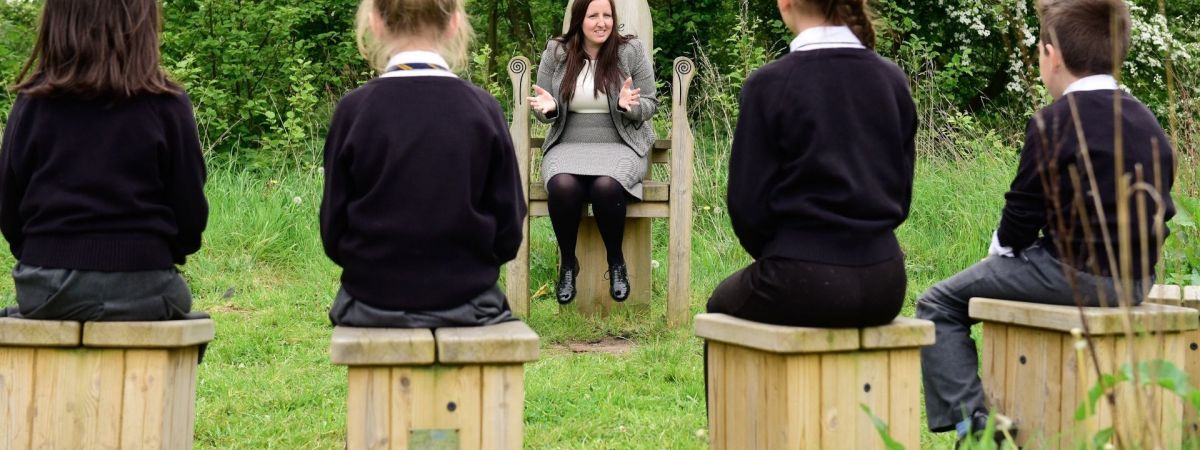Extra-Curriculars for UCAS Applications
It’s never too early to start thinking about a potential UCAS application, but it’s also never too late to try to improve one (unless it has already been submitted!). One of the things that people often find confusing or difficult is how much of an impact extra-curriculars can make on a good application. The truth is that they can be important, but are not a replacement for strong GCSE grades or A-Level predictions. However, if they are the right activities (putting in general interests such as ‘listening to music’ has no value for your application), they can be the difference between you and another candidate with similar grades being offered a place, particularly on competitive courses or at high-ranked institutions. Below are some ideas for extra-curriculars of varying time commitments and difficulty – this is obviously not an exhaustive list, but it is a good start.
Blogging
This one is very low cost and also requires less time consumption than most, though the sooner you can start it the better – there’s no point only starting the night before you send out your application! A blog does not have to stick rigidly to one subject, though ideally it should be primarily focused on the area you wish to study at university (e.g. if you want to study history, perhaps try and post things comparing modern political and social developments to events of the past). The occasional post about a movie you saw or a football match you attended won’t do any harm, though do think carefully before uploading posts about more social or personal events. It also does not need to be popular, or even read by anyone at all – as long as you can provide a link to those reviewing your application, that is what will matter. This will show a keen interest in your area of study beyond what is required in your qualifications, whilst also (hopefully!) displaying an awareness of how it fits into the wider world and an ability to analyse developments. If you truly love the topic you want to study, this is relatively easy and can be very impressive, whilst also improving your writing skills (which will come in handy when drafting your personal statement).
Duke of Edinburgh Award
This is a traditional qualification for those seeking to bolster a UCAS application, but that makes it no less useful. It is less expensive than many think – £26 for participation in a gold award (less for silver and bronze), though additional costs may be incurred for kit and expeditions. In return you receive a world-renowned experience that challenges you to push your physical limitations and grow as a person. This entails expeditions, volunteering, improving a skill and maintaining physical fitness. It is certainly not easy, but it is very eye-catching on an application and will be a very rewarding experience for all those that undertake it.
Playing in a sports team
This one is obviously relatively straightforward, though playing a sport to a high enough standard to become part of a team is rarely easy. The benefits are also obvious – proof of your teamwork, dedication to something, physical fitness, confidence and willingness to work hard for success. This also obviously works for solo sports like tennis – just replace ‘teamwork’ with ‘individuality’!
Volunteering
Volunteering can come in all shapes and forms, but the core strand running through all options is a rewarding experience that changes both yourself and your community for the better. There are countless ideas out there, but here are a few to get you started: arranging a litter pick; doing a ‘fun run’ in the name of charity; arranging a group to sleep outside for a night to raise homelessness awareness; working at a charity shop on the weekend; starting a community garden plot; hold a bake sale. There are countless ways to do it and it can all help both you and others, so use your imagination!
Join a school society
This one seems rather obvious, but the experience can be invaluable. Joining and helping to run a school society on something you are passionate about displays organisational skills and a willingness to act upon a passion of yours. Something such as debating can help you become more eloquent (vital in any future interviews) and thoughtful, whilst also showing your self-confidence and ability to distil arguments, something that is vital in humanities degrees.
Learning an instrument
Some will consider this to be off the cards due to the length of time it takes to master an instrument, but for these purposes mastery is not important (though a basic competency is recommended). What is important here is the personality traits that learning an instrument displays – such as a high level of discipline, a great deal of perseverance and the organisation required to carve out regular time to practice. It will also show an interest in ‘high culture’ beyond the zeitgeist (even with a less traditional instrument like an electric guitar), which is very popular among admissions officers at top universities.
Above all, what is key with all of these is showing the university of your choice what kind of person you are outside the classroom – the passion and drive that makes you who you are. Universities want people who they feel can contribute beyond the traditional ways in the classroom, and really embrace the ethos that they set out. These kinds of activities will go a long way to showing that.
